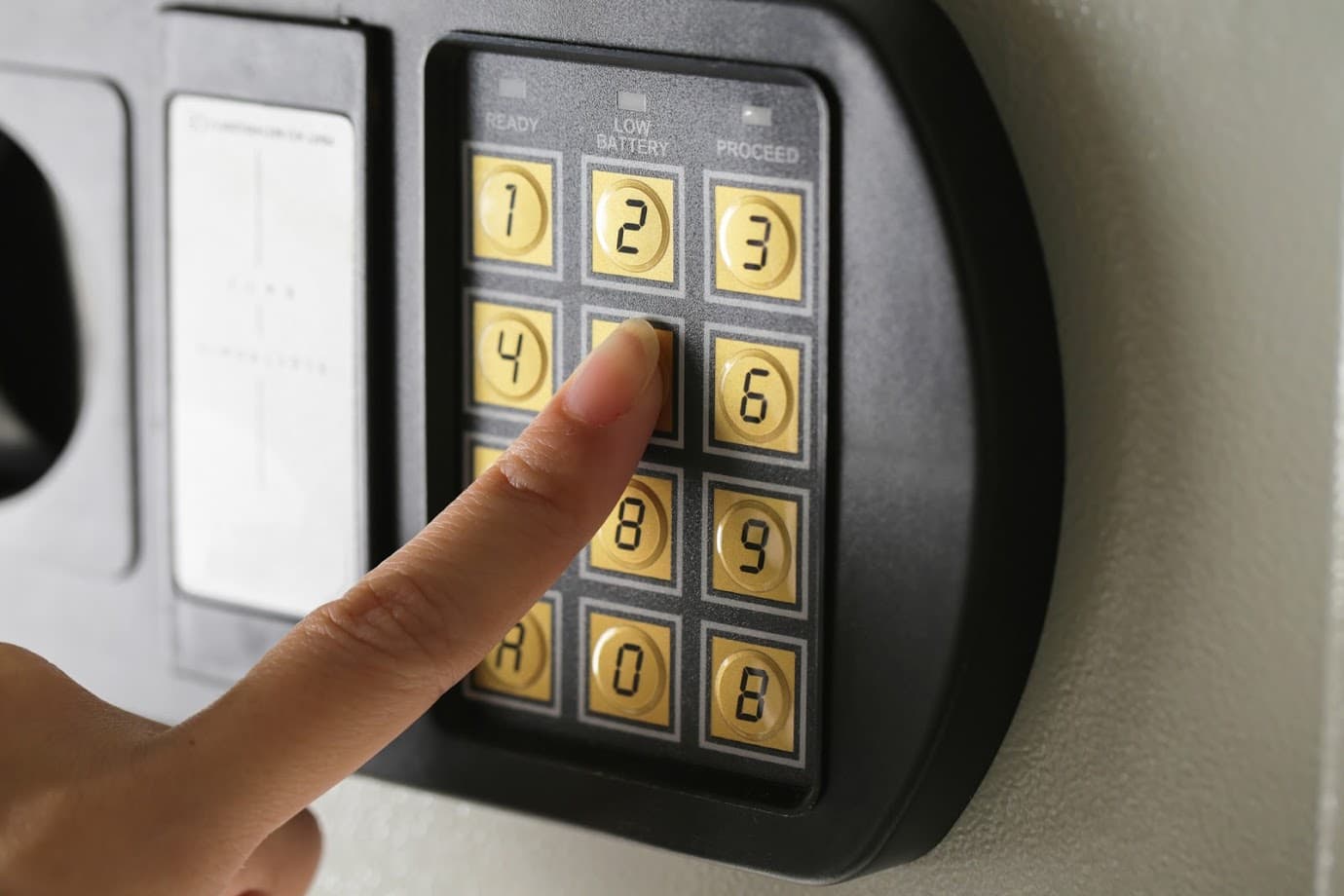 You need a comprehensive security plan to ensure the safety of your residential space. In addition to a home alarm system and proper door and window locks, you should consider adding a safe to your home as part of your security plan.
You need a comprehensive security plan to ensure the safety of your residential space. In addition to a home alarm system and proper door and window locks, you should consider adding a safe to your home as part of your security plan.
The right safe can be used to house cash, valuables, and essential documentation that would be difficult to replace. A wide variety of home safe brands and models are available on the market today, making it difficult for some homeowners to identify the safe that will best meet their protection needs.
Consider these three essential aspects when purchasing a safe for your home to ensure you invest in the right type of safe to protect your valuables, cash, and documents.
1. Fire Rating
Fire poses a serious threat to any valuable items kept in a residential setting. Many homeowners invest in a safe for the primary purpose of protecting their valuables against any damage from a home fire.
Not all safes are created equal when it comes to their ability to protect against fire damage. Home safes are made from either multiple layers of fireboard or from two sheets of steel with a composite material sandwiched between.
The thickness of the fireboard and the type of composite material used during construction will have a direct effect on the safe’s ability to keep interior temperatures low in the event of a fire.
You should evaluate the amount of fuel that is contained within your home to determine what type of fire rating your safe will need to offer maximum protection. The more fuel available to a fire, the hotter and longer the fire will burn. Find a safe with a fire-rating that exceeds any expected temperatures or fire duration in your home.
2. Lock Type
You can find home safes equipped with many different types of locks. Some of the more popular options include digital combination locks, dial combination locks, and keyed locks.
Each option offers unique benefits that cater to the differing needs of homeowners. If you are worried about the length of time required to open a dial combination lock, then a digital combination lock might be a better option. If you don’t want the stress of trying to remember the combination to your home safe, then a keyed lock is right for you.
Power outages and battery availability have no effect on the operation of a dial combination lock. This makes dial combination locks the perfect choice for homeowners who want a safe that doesn’t rely on an outside power source.
You will need to carefully evaluate your own unique circumstances to determine which type of lock will work best on the safe you install in your home.
3. Portability
Modern safes can be constructed in all shapes and sizes. Some home safes are small enough to fit into a backpack, while others are so large they need to be attached to a wall for safety.
Portability is a feature that you will want to consider when investing in a safe for your home. A smaller safe will be more portable, making it a great option for renters or individuals who travel often for business. Larger safes cannot be stolen with ease, and they can house more valuable items than their smaller counterparts. Determine the level of portability you need and size your home safe accordingly.
The addition of a safe to your home can improve the security of your personal belongings. Choose a safe that offers the right fire rating, lock type, and portability to maximize both safety and convenience.
Contact DuPage Security Solutions, Inc., today for help identifying the right safe for your home.